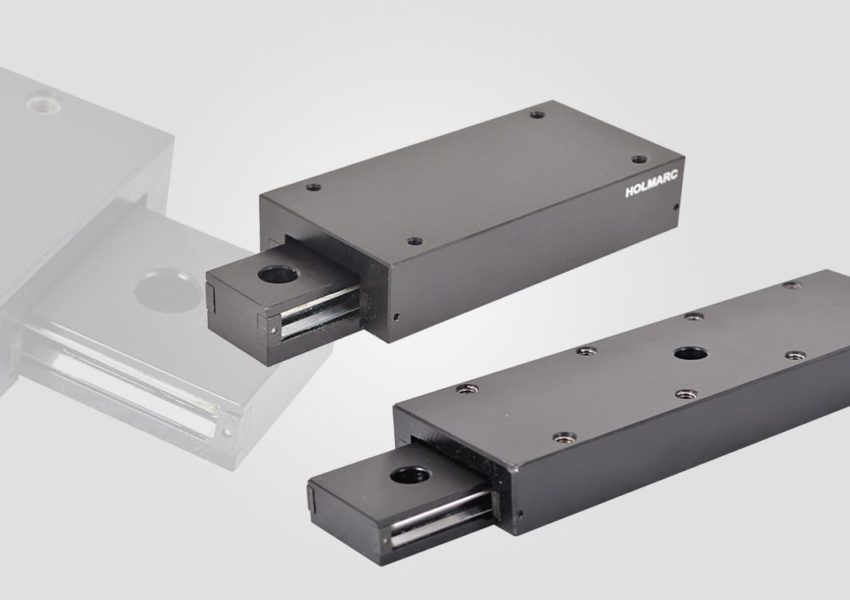Small companies depend significantly on payment gateways to enable online transactions in the current digital era. These gateways do, however, often have a number of additional costs that add up rapidly. Controlling these expenses is essential for small business owners to keep their company profitable. Comprehending the nuances of payment gateway costs and investigating methods to reduce them will aid tiny enterprises in prospering in a cutthroat industry.
Comprehending Payment Gateway Charges
Chargeback costs, monthly fees, setup fees, and transaction fees are the most common types of payment gateway fees. Each sale is subject to transaction fees, which vary greatly throughout suppliers. Furthermore, some gateways could demand a monthly fee for their services, which can become expensive over time, particularly for startups and small companies with tight budgets. When selecting a payment processor, company owners may make more educated selections if they are aware of how these fees are structured.
Selecting the Appropriate Gateway
It is crucial to choose a payment gateway that fits the particular requirements of small businesses. Not every company model can benefit from a gateway; some may be tailored for in-person transactions, while others may be intended for e-commerce. Small companies should also think about the cost schedule, customer support, integration possibilities, and compatibility with current systems. Owners may steer clear of exorbitant costs and issues later on by doing in-depth research and choosing a gateway that meets the unique needs of the company.
Cost-effective Solutions
Fortunately, small companies have access to a number of affordable payment gateway choices. With the tiered pricing models some providers provide, organizations might pay less for more transactions as a percentage of the total. Others emphasize clear pricing with no additional fees, which might result in monthly expenses that are predictable. In order to draw in small firms, owners of enterprises can also investigate more recent payment processors, many of which provide cheap rates. With these choices, payment processing costs may be reduced without compromising functionality.
Techniques for Cost-Management
Small firms should use a number of tactics to keep payment processing expenses within reasonable bounds. Opportunities to transfer to a more affordable solution may become apparent when transaction costs are routinely reviewed and contrasted with those of other providers. Businesses may also restrict the usage of credit cards to bigger transactions or encourage consumers to use certain payment methods that have reduced costs. Offering clients information on available payment methods may result in a win-win situation that lowers costs and raises customer satisfaction.
Making the Most of Negotiation
Another effective strategy for controlling payment gateway costs is negotiation. In order to get business, many suppliers are prepared to negotiate conditions and provide reductions, especially if the small company has the capacity to handle a high number of transactions.








